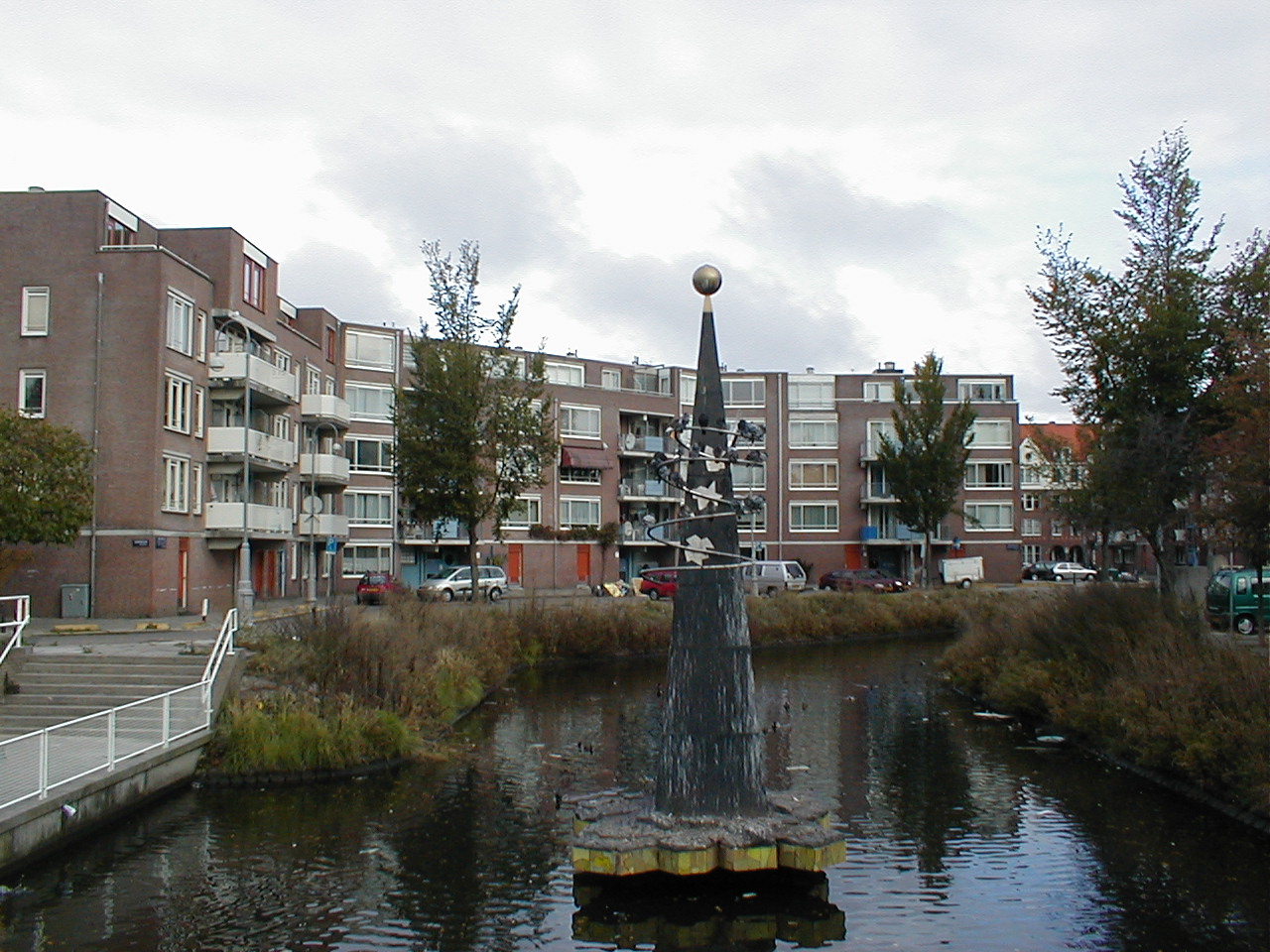arnoldcobbs434
About arnoldcobbs434
Court judgments in Britain play a crucial role in the administration of justice.
The High Court serve as the highest level of court in the UK and deal with significant civil and criminal matters, as well as appeals from lower courts. High Court facilities are designed to accommodate high-profile and complex cases, including commercial disputes, judicial reviews, and cases involving significant sums of money. The facilities in High Courts are typically more sophisticated than those found in lower courts. They include multiple courtrooms, advanced audiovisual systems, secure holding areas, and areas for the press and public to observe proceedings. The High Court is often housed in grand historic buildings, reflecting the importance of the cases it handles.
 The High Court has full original jurisdiction, meaning it can hear any case, civil or criminal, that does not fall under the exclusive jurisdiction of another court. It deals with serious civil cases, judicial reviews, constitutional issues, and appeals from the lower courts. It also sits as the Central Criminal Court when dealing with the most serious criminal offences, such as murder and rape.
The High Court has full original jurisdiction, meaning it can hear any case, civil or criminal, that does not fall under the exclusive jurisdiction of another court. It deals with serious civil cases, judicial reviews, constitutional issues, and appeals from the lower courts. It also sits as the Central Criminal Court when dealing with the most serious criminal offences, such as murder and rape.
A growing issue arises with security-related injuries. In some situations, people have been injured during physical altercations or when court security personnel use restraint techniques. While such incidents are often necessary for safety, they can also result in unintended injuries. Cases involving excessive force or lack of proper training have led to legal scrutiny and calls for better handling procedures.
If you’re ready to see more in regards to 1to1Legal local Directory UK take a look at our own web site. Furthermore, access to court facilities can be limited in certain parts of the country, particularly in rural areas. Some individuals may have to travel long distances to reach their nearest court, which can be a significant burden, especially for those with mobility issues or limited financial resources.
Administrative assistants help support the day-to-day operations by handling tasks such as filing, answering phones, managing schedules, and ensuring that all necessary documents are available for hearings. These staff members play a critical role in maintaining the efficiency of the court system and ensuring that legal proceedings are not delayed due to administrative oversights.
Ireland has also established the Judicial Council to promote excellence and accountability within the judiciary. It supports ongoing training, manages complaints against judges, and encourages best practices in legal decision-making.
For individuals with specific language needs, many UK courts offer translation and interpretation services to ensure that non-English speakers can participate fully in legal proceedings. Interpreters are available for both written and spoken communication, allowing individuals to understand the details of their case and communicate effectively with their legal representatives.
Magistrates are typically lay individuals, meaning they do not have formal legal qualifications but are trained to apply the law. They typically deal with minor criminal offenses, traffic violations, and family law cases. Magistrates serve on panels with a chairperson, who has more experience in the law, and their role is to assess the evidence, question witnesses, and make decisions based on the law and facts presented in the case. While they lack the formal legal training of a judge, magistrates are crucial to the efficiency of the court system, find a local Irish solicitor especially in handling cases that do not require a full trial.
Furthermore, court staff are trained to assist individuals in understanding the procedural aspects of the legal system. For example, they may explain the steps involved in filing a claim, how to obtain copies of court documents, and how to prepare for hearings. Although court staff cannot provide legal advice, they can offer practical help and ensure that individuals do not feel overwhelmed by the legal process. This support is especially important for individuals representing themselves in court, a situation known as ”litigants in person.”
One of the most significant ways provided by law courts in the UK is through the provision of financial support for legal costs. Legal aid is a system that ensures individuals who cannot afford to pay for legal representation can still access the justice system. The UK government funds legal aid to assist those with limited financial resources in obtaining legal representation in both criminal and civil cases. Legal aid covers various legal services, including advice, representation, and assistance in preparing cases for court.
In contrast, Magistrates’ courts focus on lower-level criminal matters and some civil cases. These courts are typically smaller and more informal than Crown Courts, and they are designed to handle cases more quickly. Magistrates’ courts provide basic facilities, such as desks for the magistrates and defendant, seating for the public, and spaces for legal representatives. Unlike Crown Courts, there is no jury in Magistrates’ Courts, and the cases are decided by a panel of magistrates or a district judge.
No listing found.
